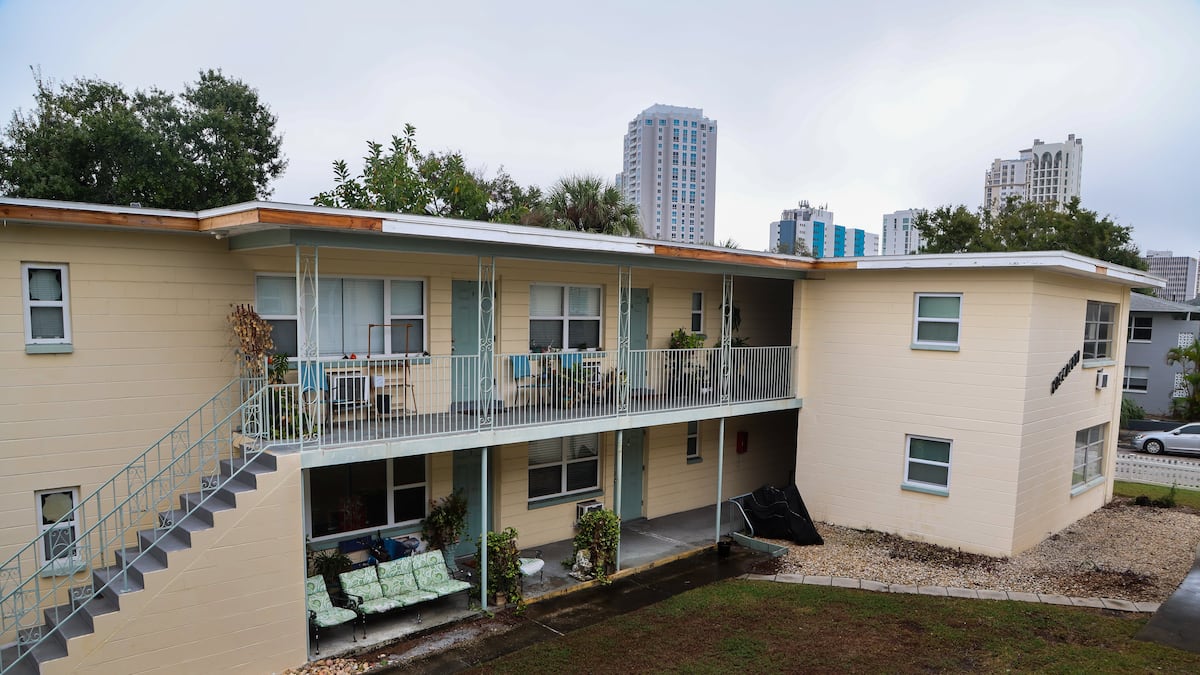S
creen‑based first impressions dominate today’s real‑estate market. While professional photography has long guided buyer perception, modern digital tools now offer more than mere lighting tweaks: they enable virtual staging, walkthroughs, and the correction of visual flaws. Physical staging can cost thousands and take time; AI‑powered virtual staging streamlines the process dramatically.
On October 10, 2025, Governor Newsom signed AB 723, a pioneering disclosure mandate that takes effect January 1, 2026. The bill requires licensed brokers and salespersons to clearly state when an image in marketing has been digitally altered and to provide a publicly accessible link, URL, or QR code that displays the original, unaltered photo. Failure to disclose is a criminal offense.
AB 723 adds Section 10140.8 to the Business and Professions Code. It obliges any broker, salesperson, or agent acting on their behalf to include a conspicuous disclosure next to the altered image, indicating that the original can be viewed via the linked site. If the broker controls the website where the ad appears, they must also post the unaltered image or a link to it.
The statute defines a “digitally altered image” as one modified by photo‑editing software or AI to add, remove, or change elements—fixtures, furniture, appliances, flooring, walls, paint, hardscape, landscape, facade, floor plans, or external features such as streetlights, utility poles, or neighboring views. Adjustments limited to lighting, sharpening, white balance, angle, cropping, or exposure that do not alter the property’s representation are excluded.
If an altered photo materially misrepresents a home, consumers may pursue claims for misrepresentation or violations of California’s real‑estate licensing laws, which prohibit deceptive advertising. AB 723 supplements, rather than replaces, these existing rules.
The bill’s analysis states that the disclosure and link aim to prompt consumers to view images skeptically, ensuring they know whether what they see is authentic or requires further investigation. Opponents argue the requirement duplicates existing anti‑misleading advertising statutes and that disciplinary action by the Department of Real Estate already covers deceptive practices.
AB 723 is part of California’s broader AI regulatory agenda. The California AI Transparency Act (SB 942), also effective January 1, 2026, mandates AI detection tools and disclosures for AI‑generated content. Additional laws now require performer consent for AI replicas and prohibit using a deceased person’s voice or image via AI without estate approval.
Together, these measures reinforce that real‑estate advertising carries legal weight. As AI tools grow more sophisticated, buyers gain a clearer mechanism to verify listings, and licensed professionals face heightened disclosure duties.















